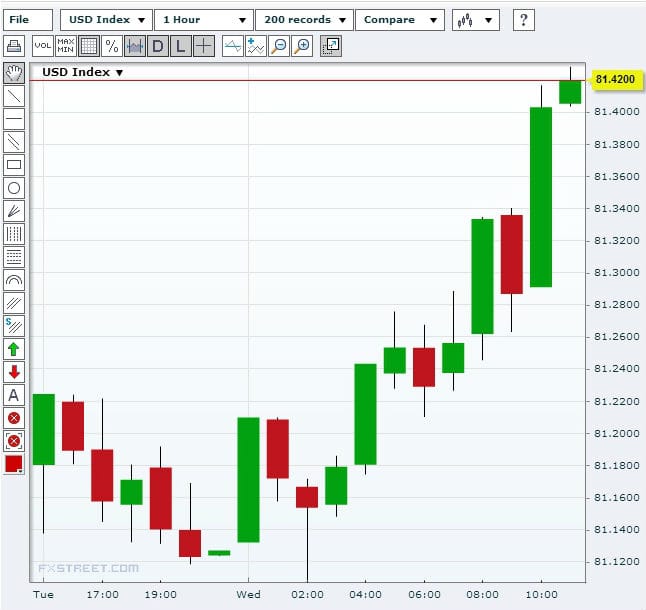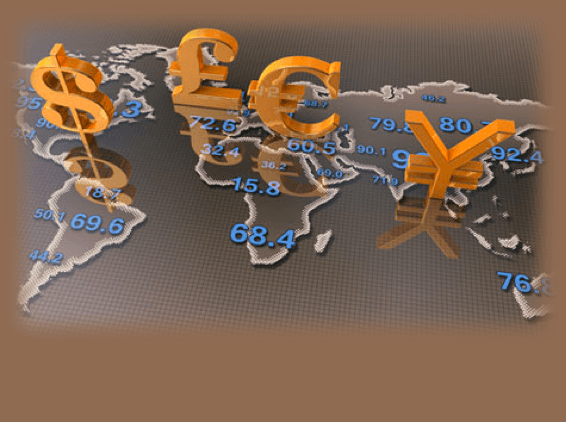The recent events in Syria have put markets in a spin, with investors nervous about the impact that a wider war might have. With the US, France, and the UK saying that they will respond to the recent chemical weapons attack with a bombing campaign, and Syria threatening to retaliate in ways that could, to quote their foreign minister, “surprise” the world, fear is spreading that this could escalate an already tense situation in the Middle East.

Generally speaking, the risk of war always makes investors nervous, and this is especially true at a time when the Fed is considering tapering its bond-buying programme and there are already concerns about the debt ceiling. War can be an expensive business, and the last thing the US needs right now is a massive unforeseen expense at a time when it is up to its eyeballs in debt. A sky-high oil price coupled with the prospect of getting dragged into another expensive war in the Middle East could put the brakes on the slow economic recovery that is happening in the US and elsewhere, and this has made investors behave in a very risk-averse fashion. Stocks have been hit hard, and gold has hit a 3-month high as investors look towards other assets for safety.

Source: FXStreet
Up until the recent events, risk had been creeping slowly back into the markets, as better than expected economic data fuelled confidence in what had been a stuttering recovery. The rise in the dollar, coupled with the rise in gold, shows that investors are in wealth-preservation mode, afraid to take risks while the situation remains uncertain, while the rise in the yen is a result of carry trades being liquidated.
Although it is still not clear how the West will react to events on the ground in Syria, the uncertain situation in the markets is likely to get worse before it gets better, leading to more equity sell-offs, a further flight to safe-haven assets, and sustained weakness in emerging market currencies.
Tradersdna is a leading digital and social media platform for traders and investors. Tradersdna offers premiere resources for trading and investing education, digital resources for personal finance, market analysis and free trading guides. More about TradersDNA Features: What Does It Take to Become an Aggressive Trader? | Everything You Need to Know About White Label Trading Software | Advantages of Automated Forex Trading











































